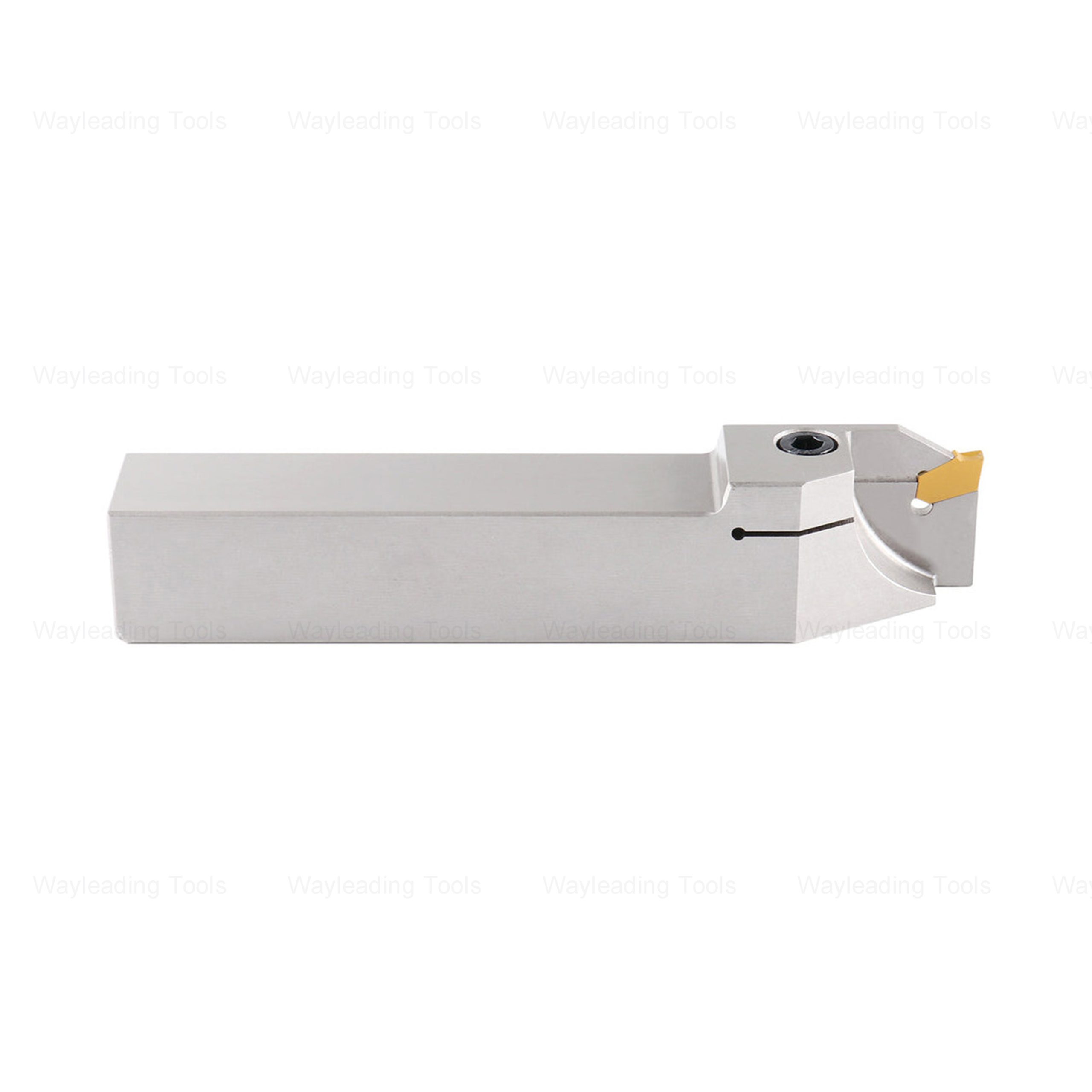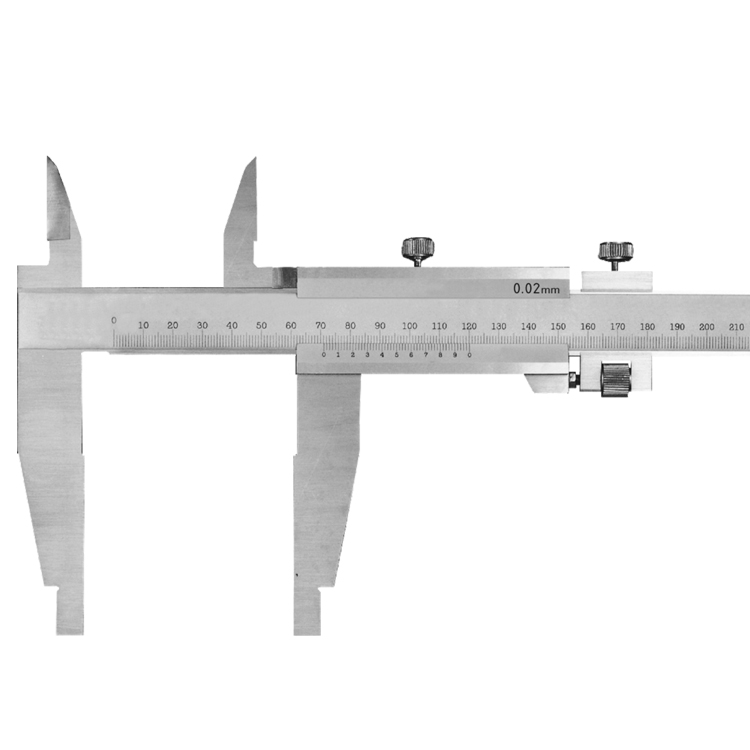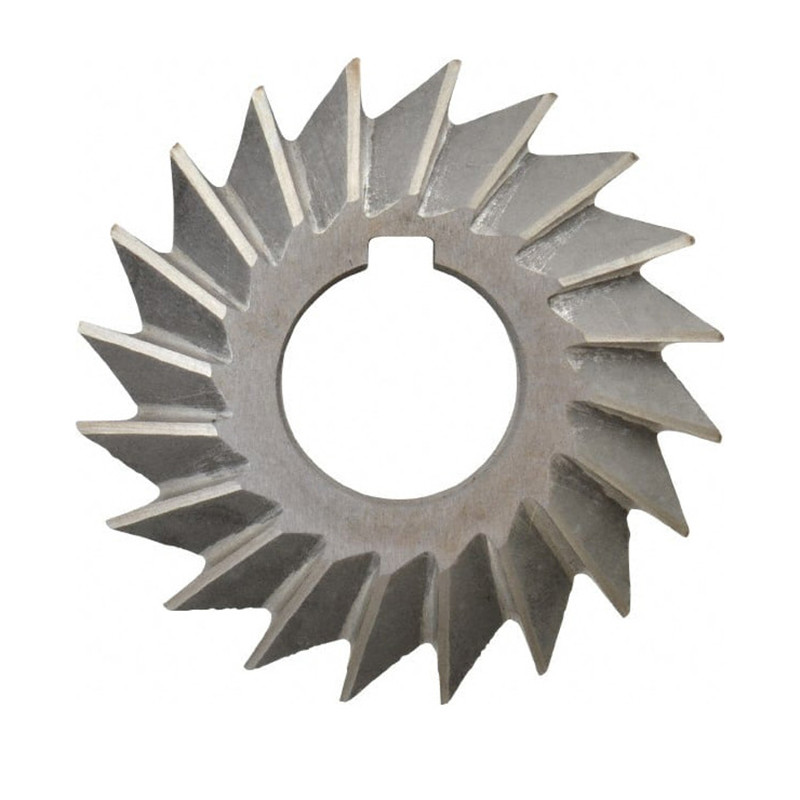hex collet block Manufacturers
Hex collet blocks are essential tools for precision machining, offering a versatile and accurate method for holding hexagonal workpieces. They allow for repeatable operations and are widely used in milling, drilling, tapping, and other machining processes. This guide explores the different types, materials, applications, and factors to consider when selecting the right hex collet block for your needs.
Understanding Hex Collet Blocks
What is a Hex Collet Block?
A hex collet block is a precision-machined workholding device designed to securely hold hexagonal-shaped stock during machining operations. It typically consists of a steel or hardened steel block with a precisely sized hexagonal bore that accepts a collet. The collet, when tightened, clamps down on the workpiece, providing a rigid and accurate holding force.
Types of Hex Collet Blocks
Several types of hex collet blocks are available, each suited for different applications and workpiece sizes:
- Standard Hex Collet Blocks: These are the most common type, offering a fixed hexagonal bore size. They require interchangeable collets to accommodate different workpiece diameters.
- Adjustable Hex Collet Blocks: These blocks feature an adjustable mechanism that allows for accommodating a range of hexagonal sizes within a specified range.
- Emergency Hex Collet Blocks: Designed to quickly create a custom collet size. They typically use soft material (like aluminum) that can be bored to the exact required size.
- Double Hex Collet Blocks: These blocks allow for holding two hexagonal workpieces simultaneously, increasing efficiency in repetitive operations.
Materials Used in Hex Collet Blocks
The materials used in the construction of hex collet blocks directly affect their durability, accuracy, and performance. Common materials include:
- Tool Steel: High carbon tool steels like O1, A2, or D2 are often used for their hardness, wear resistance, and ability to hold precise dimensions.
- Hardened Steel: Steel that has been heat treated to increase its hardness and strength, providing excellent durability and resistance to deformation.
- Stainless Steel: Used in applications where corrosion resistance is important, such as machining with coolants or in humid environments.
Applications of Hex Collet Blocks
Hex collet blocks are used in a wide range of machining applications, including:
- Milling: Holding hexagonal stock for milling flats, slots, or other features.
- Drilling: Providing a stable and accurate platform for drilling holes in hexagonal workpieces.
- Tapping: Securing hexagonal stock for tapping threads.
- Grinding: Supporting hexagonal parts during grinding operations.
- Engraving: Firmly holding hexagonal items for precise engraving work.
For example, at Wayleading Tools, we have seen increased demand for hex collet block application in CNC milling for precise aluminum extrusion machining.
Factors to Consider When Choosing a Hex Collet Block
Selecting the right hex collet block for your needs requires careful consideration of several factors:
- Workpiece Size: Ensure the collet block can accommodate the range of hexagonal sizes you'll be working with.
- Accuracy: Look for blocks with high accuracy specifications (e.g., TIR - Total Indicator Reading) to ensure precise machining.
- Material: Choose a material that is appropriate for the machining environment and the types of materials you'll be working with.
- Clamping Force: Consider the clamping force required to securely hold the workpiece during machining.
- Compatibility: Ensure the collet block is compatible with your existing collets and machining equipment.
Benefits of Using Hex Collet Blocks
Using hex collet blocks offers several advantages:
- Improved Accuracy: Provides a precise and repeatable method for holding hexagonal workpieces.
- Increased Efficiency: Allows for faster setup times and reduced cycle times.
- Enhanced Safety: Secures workpieces, reducing the risk of slippage or movement during machining.
- Versatility: Can be used for a variety of machining operations.
Finding Reliable Hex Collet Block Manufacturers
Choosing the right manufacturer is crucial for obtaining high-quality hex collet blocks. Look for manufacturers with:
- Experience and Expertise: Manufacturers with a proven track record in producing precision workholding devices.
- Quality Control: Robust quality control processes to ensure accuracy and reliability.
- Customization Options: Ability to provide custom collet block designs to meet specific needs.
- Customer Support: Excellent customer support to assist with product selection and troubleshooting.
When sourcing hex collet block, consider companies with a strong reputation for precision engineering and quality manufacturing. Check their certifications and customer reviews for reassurance.
Maintenance and Care of Hex Collet Blocks
Proper maintenance and care are essential for prolonging the life of your hex collet blocks:
- Regular Cleaning: Clean the collet block and collets regularly to remove chips, debris, and coolant.
- Proper Lubrication: Apply a light coat of oil or grease to the collet threads to prevent galling and ensure smooth operation.
- Inspection: Inspect the collet block and collets for signs of wear or damage. Replace worn or damaged components as needed.
- Storage: Store the collet block in a clean, dry place when not in use.
Troubleshooting Common Issues with Hex Collet Blocks
Even with proper care, you may encounter issues with your hex collet blocks. Here are some common problems and their solutions:
- Workpiece Slippage: Ensure the collet is properly tightened and the workpiece is clean and free of debris.
- Collet Damage: Replace damaged collets immediately to prevent further damage to the collet block and workpiece.
- Inaccurate Machining: Check the accuracy of the collet block and collets. Replace if necessary.
- Difficulty Tightening: Clean and lubricate the collet threads.
The Future of Hex Collet Blocks
The future of hex collet block technology will likely see advancements in materials, design, and automation. Expect to see:
- Smart Collet Blocks: Collet blocks equipped with sensors to monitor clamping force and vibration.
- Advanced Materials: Use of new materials, such as composites and ceramics, to improve performance and durability.
- Automated Collet Changing: Integration with automated systems for faster and more efficient collet changing.
Conclusion
Hex collet blocks are indispensable tools for precision machining of hexagonal workpieces. By understanding the different types, materials, applications, and factors to consider when choosing a collet block, you can ensure accurate, efficient, and safe machining operations. Remember to choose reputable hex collet block Manufacturers and maintain your equipment properly to maximize its lifespan and performance.
Related products
Related products
Best selling products
Best selling products-
 Precision 10pcs & 12pcs Angle Blocks Set With High Quality Type
Precision 10pcs & 12pcs Angle Blocks Set With High Quality Type -
 Precision Magnetic Base With Fine Adjustment For Dial Indicator
Precision Magnetic Base With Fine Adjustment For Dial Indicator -
 Precision 17pcs Angle Blocks Set With High Quality Type
Precision 17pcs Angle Blocks Set With High Quality Type -
 High Precision BT-ER Collet Chuck – CNC Tool Holder, Spring Type, ER16–ER40
High Precision BT-ER Collet Chuck – CNC Tool Holder, Spring Type, ER16–ER40 -
 HSS Shell End Mill Cutter With Bright & TiN Or TiAlN Coated
HSS Shell End Mill Cutter With Bright & TiN Or TiAlN Coated -
 SCFC Indexable Boring Bar
SCFC Indexable Boring Bar -
 QA Grooving & Cut-Off Tool Holder
QA Grooving & Cut-Off Tool Holder -
 Outside Micrometer Set Of Inch & Metric For Industrial
Outside Micrometer Set Of Inch & Metric For Industrial -
 Inch Solid Carbide Twist Drill With Internal Coolant & External Coolant
Inch Solid Carbide Twist Drill With Internal Coolant & External Coolant -
 Precision Monoblock Vernier Caliper With Nib Style & Standard Style Jaws Of Metric & Imperial For Industrial
Precision Monoblock Vernier Caliper With Nib Style & Standard Style Jaws Of Metric & Imperial For Industrial -
 Metric HSS Step Drills With Straight Flute
Metric HSS Step Drills With Straight Flute -
 Type K-90 Degree Cone Tungsten Carbide Rotary Burr
Type K-90 Degree Cone Tungsten Carbide Rotary Burr











